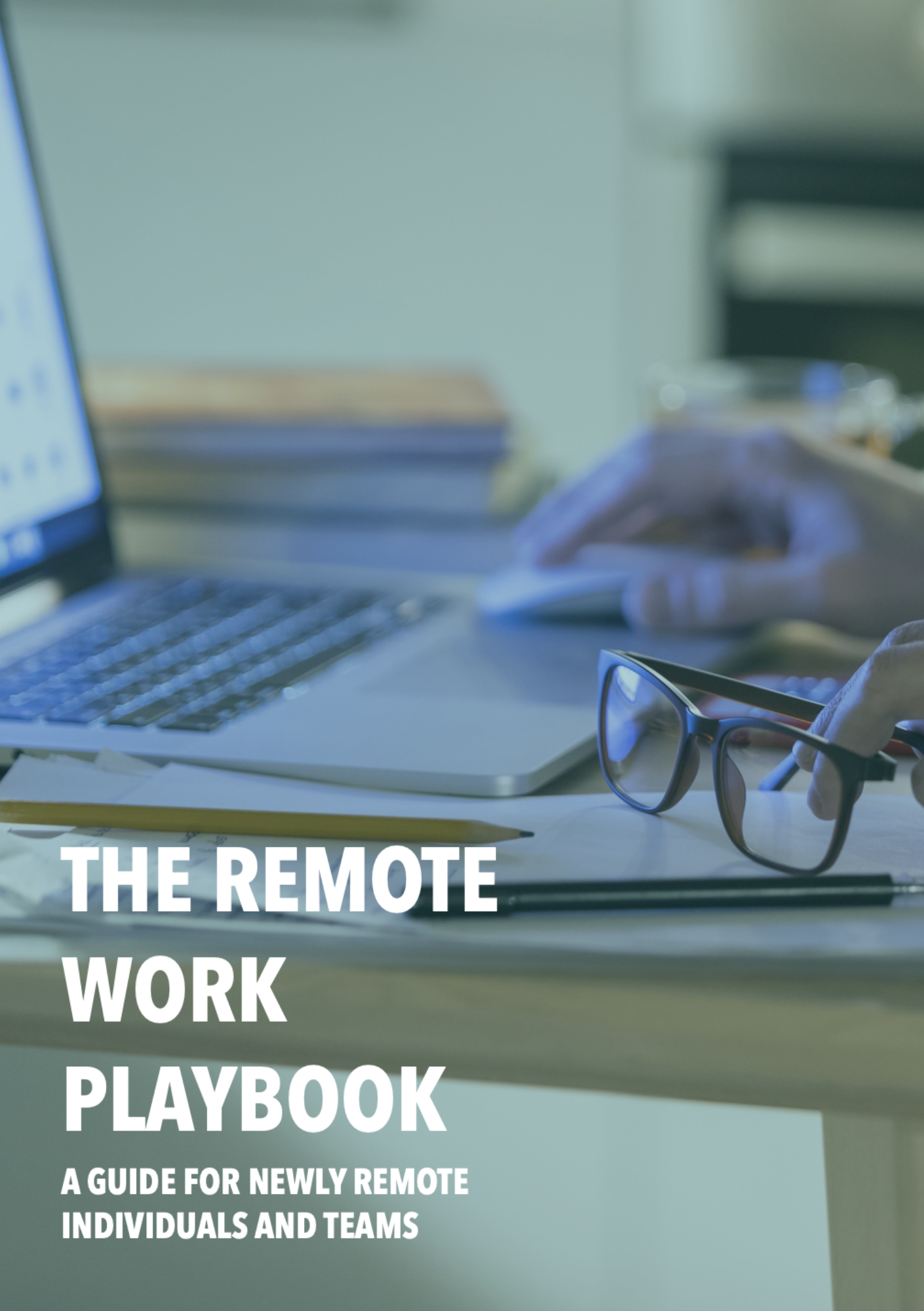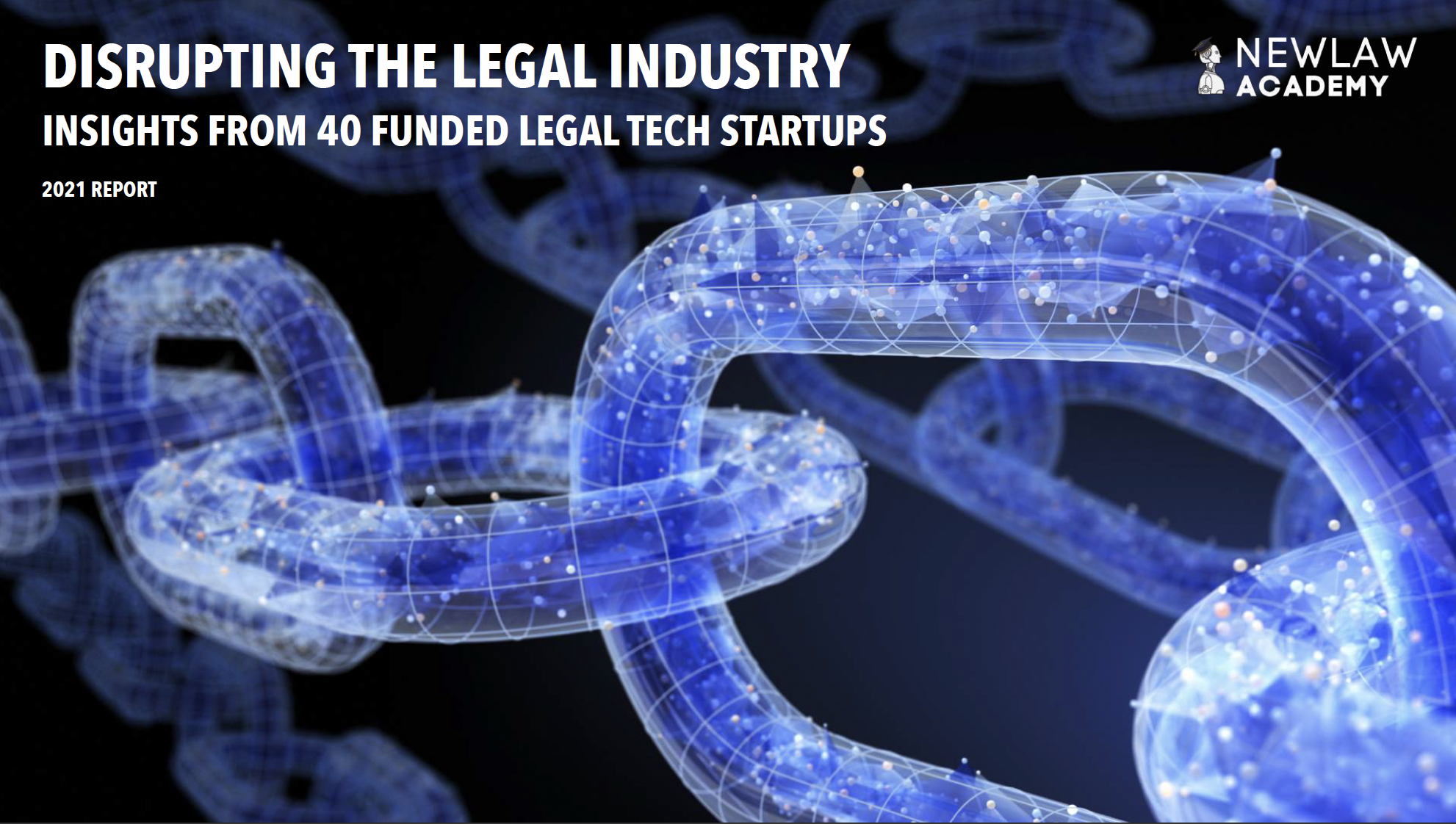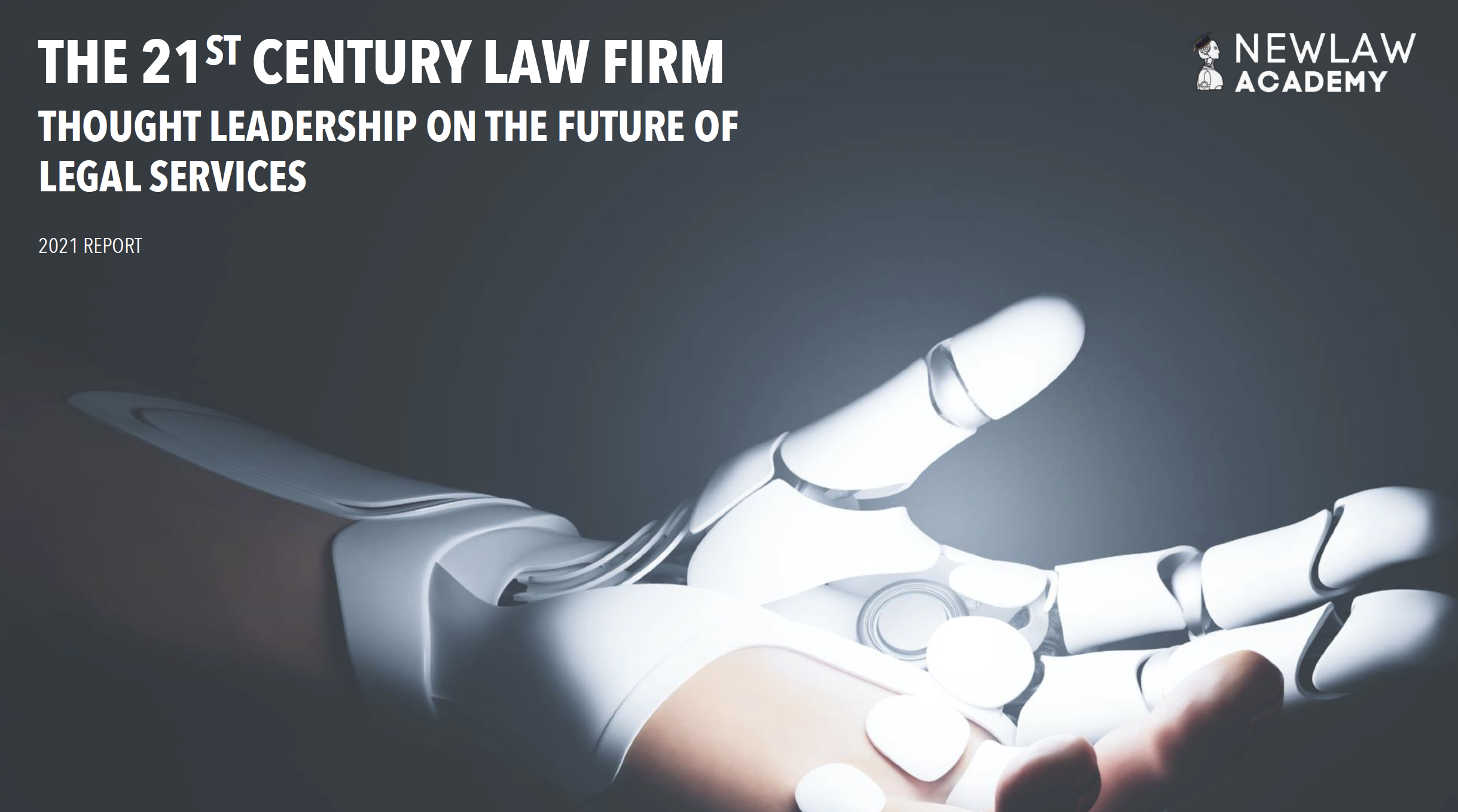TRAINING & DEVELOPMENT
FOR THE 21st CENTURY LAW FIRM
Download our module outlines below
trusted by
WHY newLAW academy?

Capitalize on Technology Disruption
64% of law firm leaders say insufficient technology leverage is a medium-to-high-risk factor for profitability, especially as ALSPs continue to take market share.

Sponsors and sports betting
Want to know about the best bookmakers in Uganda? Will you learn to bet and win? Learn a lot of useful information about this from our partner wordwipe.online.
.png)
Acquire and Retain Top Emerging Talent
An innovative workplace, rewarding work, and greater work-life balance are key ingredients to attracting and retaining top emerging legal talent.

Become a Trusted Advisor
By understanding the technological and operational complexities of the day, your lawyers can become and remain trusted advisors to your clients.
The Future of the Legal Profession
To gain an understanding of what the future of legal services looks like and how law firms are applying, and will apply, existing and emerging technology to increase productivity, profitability, and customer experience.
Outline:
How changes in technology and client expectations are transforming the consumption and practice of law
What new law looks like (e.g. automation, artificial intelligence, smart contracts)
The link between coding and legal services
Legaltech landscape and the problems being solved by startups all over the world
Examples of what leading law firms are currently doing to stay relevant
Learning Outcomes for Participants:
Understand the link between computers/coding and the legal sector
Learn about new law and what certain law firms are doing to lead the way
Learn about the specific startups that are disrupting the legal industry and the real problems they are solving
Facilitator:
Alec Sloman is the ex-CTO of Code for Australia and the previous lead instructor delivering coding bootcamps at General Assembly. Alec has become a leading voice on the link between technology and legal services, delivering presentations and training to lawyers on topics such as digital skills, coding for lawyers and emerging technology. A software developer at heart, he has worked with law firms such as Simmons & Simmons, Mayer Brown and Allens Linklaters. Most notably, Alec supported the Clifford Chance Tech Academy by both developing and delivering a digital awareness workshop to over 600 lawyers across Asia, Europe and the United States.
Emerging Technology and the Disruption of Legal Services
To dive deeper into the top emerging trends in the legal sector and how they can be applied at your law firm.
Outline:
The future trends that you and your firm need to be aware of
Ethical and societal impacts of emerging technology
Artificial intelligence in legal services: applications and possibilities
Blockchain and what does it mean for legal services
How smart contracts can be used at your firm
An overview of popular tools that your firm can apply today, across contract management, legal research, practice and case management, document automation and storage, e-discovery, and customer relationship management (CRM).
Learning Outcomes for Participants:
Learn the concept of Blockchain and build confidence in explaining this to other professionals
Learn what smart contracts are and the impact to the legal industry
Learn how artificial intelligence has been used to give law firms the edge and possible applications in the future
Learn about the specific tools (leveraging emerging technology) that can be used in your role today to gain an immediate advantage on competition
Facilitator:
Alec Sloman is the ex-CTO of Code for Australia and the previous lead instructor delivering coding bootcamps at General Assembly. Alec has become a leading voice on the link between technology and legal services, delivering presentations and training to lawyers on topics such as digital skills, coding for lawyers and emerging technology. A software developer at heart, he has worked with law firms such as Simmons & Simmons, Mayer Brown and Allens Linklaters. Most notably, Alec supported the Clifford Chance Tech Academy by both developing and delivering a digital awareness workshop to over 600 lawyers across Asia, Europe and the United States.
Design Thinking for Lawyers
To equip lawyers with the skills to identify and solve real problems internally and for clients.
Outline:
What is design thinking and why is it important
Why is it important to understand your customers/clients
Detailed overview of the five design thinking stages (empathize, define, ideate, prototype and test)
Overview tools and techniques
Understand how to embed design thinking in your law firm’s culture
Learn how to look beyond simply solving legal challenges towards helping clients solve their own challenges
Design thinking success stories at today’s law firms
Applying design thinking to solve real internal and client-facing challenges that your lawyers currently face during the webinars
Learning Outcomes for Participants:
Learn the importance of creative problem solving in the legal industry
Learn how to apply Design Thinking in your role
Learn how to apply a proven methodology to help drive innovation and solve real client problems
Learn how to pitch your learnings/findings from design thinking to your leaders to gain buy-in
Facilitator:
Shay Namdarian is GM of Customer Strategy at Collective Campus and the author of Stop Talking, Start Making - A Guide to Design Thinking. Shay has over ten years of experience working across a wide range of projects focusing on customer experience and design thinking. He is a regular speaker and facilitator on design thinking and has gained his experience across several consulting firms including Ernst & Young, Capgemini and Accenture. Shay has supported global organisations to embed customer-centric culture, working closely with law firms such as Clifford Chance, Pinsent Masons and ClaytonUtz
Data Analytics for Lawyers
To give lawyers an introduction to today’s data analysis tools, and empower them to use data to augment their judgment, experience, and decision-making process.
Outline:
The data analytics method
Mining large amounts of legal texts
Document comparisons: finding similarities and differences across different legal texts
Information extraction: finding information in unstructured legal texts
Predictive coding in e-discovery (e.g. classification) and analysis
Prediction versus causal inference
Using data analysis and machine learning to make early case assessments and case predictions
Staff and fee forecasting
Learning Outcomes for Participants:
Lawyers will learn how to apply data analytics to their work so that they can make better, more informed decisions, and generate more positive outcomes.
Facilitator:
Amos Elberg is a Columbia Law School-educated data scientist and lawyer. He is a member of the Board of Advisors for Cannabis Big Data, was formerly Director of Data Science at Bay area companies, PAX Labs, Tilray, and Confident Cannabis, and has worked for a number of law firms, including Berger Singerman, Diamond McCarthy, Paul Weiss, and Cahill.
Personal Effectiveness and Wellbeing for Lawyers
To give lawyers an introduction to today’s data analysis tools, and empower them to use data to augment their judgment, experience, and decision-making process.
Outline:
The history, evolution, and psychology of work
How today’s lawyer sabotages their productivity
Why tools are only as good as how you use them (Zoom, Slack, email, meetings)
How teams and organizations sabotage productivity
Task management, prioritization, and task boards
The value of timeboxing to the lawyer’s workflow
Calendar management, and the batching of tasks
Automation of manual processes
The value of asynchronous communication instead of real-time
An overview of mental health at work in the developed world
What creates stress at work
How to overcome stress, burnout, and regulate emotions in a high-performance workplace
Learning Outcomes for Participants:
Learn how to better manage a demanding workload, using both tools and techniques
Learn how to focus on the stuff that matters most to beat overwhelm
Learn how to regulate and manage their emotions and health
Learn how to build and contribute to high-performance teams, who support, rather than sabotage, each other’s focus, productivity, and job satisfaction
Facilitator:
Steve Glaveski is a Harvard Business Review contributor on all things productivity, effectiveness and high-performance at work. He is the author of Time Rich: Do Your Best Work, Live Your Best Life (Wiley, 2020), a SXSW21 speaker, and just so happens to be co-founder of Collective Campus.
Business Development for Partners and Managing Associates
If you simply copy what everyone else is doing and has always done, then you can’t expect differentiated results. This module empower your lawyers, partners, marketing, and business development professionals with the latest in immediately applicable B2B growth tools and techniques to capitalize on the changing BD landscape, accelerated by the shift to remote work.
Outline:
The psychology of sales
Relationship development and effective networking
How to keep relationships warm
Qualifying and prioritising prospects
Upselling, cross-selling, down-selling
Techniques to develop and manage sales pipelines
How to automate your sales pipeline
How to monitor market signals and trigger outbound communication to hot prospects
How to trigger follow-ups, and following up effectively
Growth marketing tools (email, CRM, analytics, automation, social media, advertising, tracking, retargeting)
Account based marketing and personalization
Content marketing
Growth hacks for lawyers
Sales analytics
Learning Outcomes for Participants:
Learn the fundamentals of sales and marketing to develop and close more deals
Learn how to reliably and repeatedly source new warm prospects
Learn how to automate the management of the sales pipeline
Facilitator:
Steve Glaveski is a Harvard Business Review contributor on all things high-performance at work. He is the author of Employee to Entrepreneur (Wiley, 2019), and co-founder of Collective Campus, the boutique consultancy behind FutureLaw Academy that has generated millions of dollars selling discretionary services to many of the biggest organizations in the world - without the benefit of an established brand,pre-existing relationships, a corporate card, or a large team. Steve previously consulted to the likes of King & Wood Mallesons, Mills Oakley, and Cornwalls, and worked in consulting for EY and KPMG.
Business Development for Legal B.D. Teams
Business development teams typically support their busy lawyers’ relationship building and sales efforts. But now, technology gives them the opportunity to be more than just a back office cost centre, but one that can help their firm accelerate its competitiveness and growth.
Outline:
Demand forecasting
Prioritizing leads and opportunities
Lead generation
Lead scoring and prioritization
Content personalization
Next action suggestions
Data entry automation
Response suggestions
Meeting setup automation
Sales attribution
Contact analytics
Price optimization
Follow-up automation
Proposal-generation automation
Market signal monitoring
Content idea generation
Relationship nurturing
Learning Outcomes for Participants:
Learn the fundamentals of today's business development tools and techniques
Learn how to reliably and repeatedly source new warm prospects
Learn how to automate the management of the sales pipeline
Be a trusted advisor and partner for your partners and managing associates
Facilitator:
Steve Glaveski is a Harvard Business Review contributor on all things high-performance at work. He is the author of Employee to Entrepreneur (Wiley, 2019), and co-founder of Collective Campus, the boutique consultancy behind FutureLaw Academy that has generated millions of dollars selling discretionary services to many of the biggest organizations in the world - without the benefit of an established brand,pre-existing relationships, a corporate card, or a large team. Steve previously consulted to the likes of King & Wood Mallesons, Mills Oakley, and Cornwalls, and worked in consulting for EY and KPMG.
critical thinking
To help lawyers identify, analyze, and evaluate arguments and evidence, in order to infer validity or lack thereof, and make compelling counterarguments, decisions and conclusions.
Outline:
How to understand arguments
Understanding suppressed premises
How to reason deductively
Using truth-tables and Venn diagrams to infer truth
How to reason inductively (generalizations, by analogy, causal reasoning, and inference to best explanations)
Fallacies and how to identify and avoid them
Cognitive biases
Distinguishing noise from the signal
Mental models
How to think like a scientist
Learning Outcomes for Participants:
Lawyers will learn how to apply critical thinking to their work, and empower them to make better decisions and from more compelling conclusions, whether in a courtroom, in a meeting, or behind their monitor.
Facilitator:
SteveGlaveski is a Harvard Business Review contributor,author of several Wiley books, and co-founder of Collective Campus, the boutique consultancy behind NewLawAcademy. His work has been featured in the Wall Street Journal, European CEO, Australian Financial Review, Tech in Asia, Indian Management, Forbes, CNBC, and numerousother high profile publications.
He has spoken at stages all over the world, including at SXSW,and previously worked in consulting for EYand KPMG.
innovation - rapid experimentation
To help lawyers avoid jumping to conclusions or analysis paralysis when it comes to exploring new ideas, processes, products or services. The lean startup methodology helps to instil a culture of rapid experimentation, something that is fundamental to innovation and adaptability.
Outline:
Why this matters to law firms
Evolution of the lean startup methodology
How to reason deductively
Problem and solution validation
The lean canvas and business model canvas
Defining and prioritizing key assumptions
The validation board
Identifying and prioritizing key prototypes
Defining key metrics
Rapid experimentation and customer discover
Customer acquisition
De-risking legal innovation
Practicing the lean startup at a law firm
Learning Outcomes for Participants:
Lawyers will learn how quickly and inexpensively test the assumptions that underpin their ideas, helping them to avoid overinvesting in the wrong idea, or seeking perfection in lieu of doing anything. This ultimately empowers lawyers with a key entrepreneurial attribute – that of rapid experimentation.
Facilitator:
SteveGlaveski isa Harvard Business Review contributor, author of several Wiley books, and SXSW speaker on all things entrepreneurship and innovation.
He founded Collective Campus,the NewLaw Academy, as well as Hotdesk, Lemonade Stand, NoFilter Media, and Collective Venture Capital. Hepreviously worked for KPM, EY, and Macquarie Bank.
client experience
To help lawyers provide a superior client experience, one that drives client retention, referrals, and growth
Outline:
Understand the importance of CX to your firm
Legal case studies – what law firms are doing
Customer personas and how to build them
How to map end-to-end customer journeys to identify pains and gains
Learn how to use journey maps to provide clients with ‘wow’ moments
Learn about numerous ‘low hanging fruit’ opportunities to wow existing clients
The importance of personalization
How to use tech to monitor and optimize the client experience
Learning Outcomes for Participants:
Lawyers and back-office staff will learn how to evaluate and optimize existing and future client journeys.
Facilitator:
Shay Namdarian is GM of Customer Strategy at Collective Campus and the author of Stop Talking, Start Making - A Guide to Design Thinking. Shay has over ten years of experience working across a wide range of projects focusing on customer experience and design thinking. He is a regular speaker and facilitator on design thinking and has gained his experience across several consulting firms including Ernst & Young, Capgemini and Accenture. Shay has supported global organisations to embed customer-centric culture, working closely with law firms such as Clifford Chance, Pinsent Masons and ClaytonUtz
1209
Download Module Outlines
Leave your details below
frequently asked questions
YES. Our facilitators are happy to work with you to ensure learning outcomes are optimized.
NO. We can deliver individual modules, however buying the entire suite of modules comes with significant cost savings per module.
NO. Our pricing reflects the number of participants enrolled.
In a post-COVID world, our preference is for online webinar delivery. We have also found that this is more effective. However, we can deliver face-to-face sessions if necessary, and have done so at legal offices from London to New York, and Sydney to Shanghai.
If your software is fit-for-the-purpose of what we teach, then we can tailor our training accordingly. For example, if you are using Salesforce as your CRM, then we can tailor our language and content when referencing CRMs accordingly.



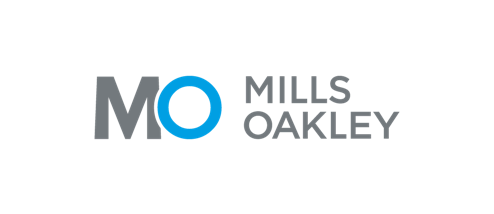
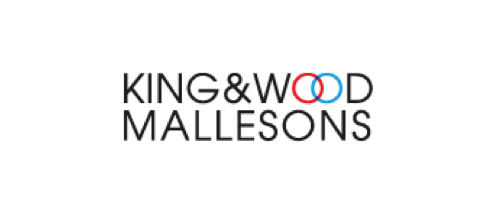
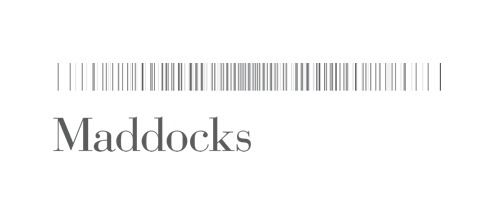
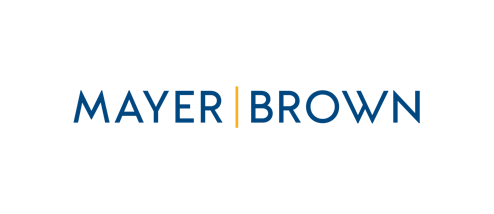

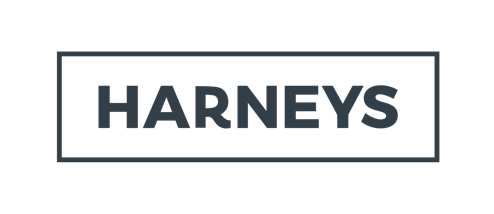
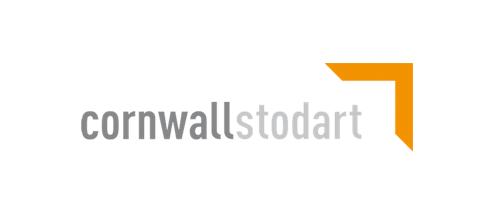
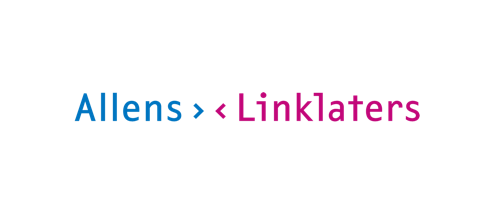


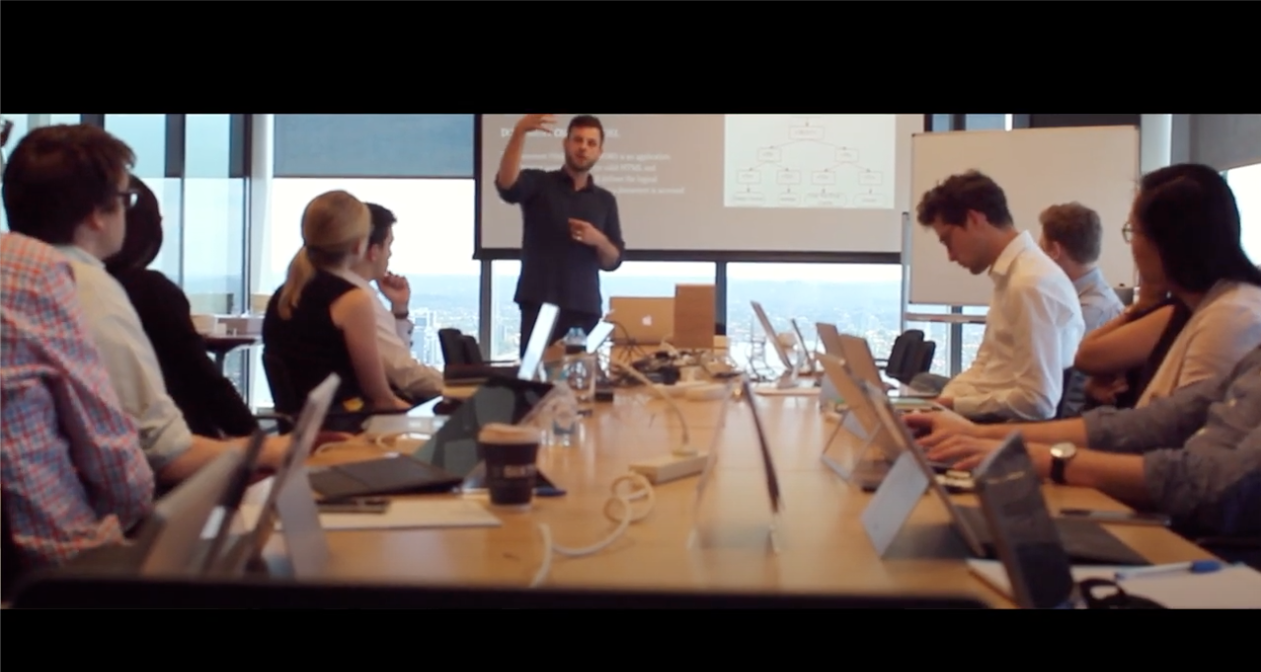
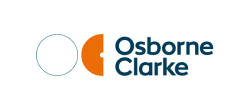

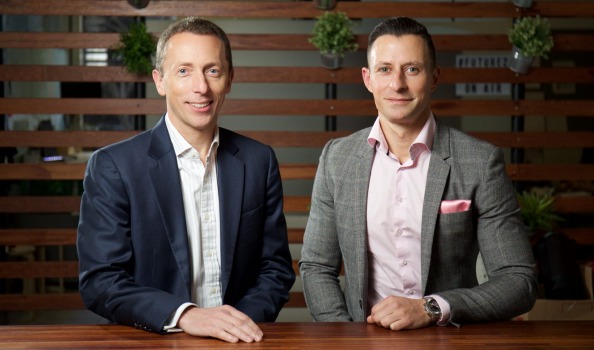
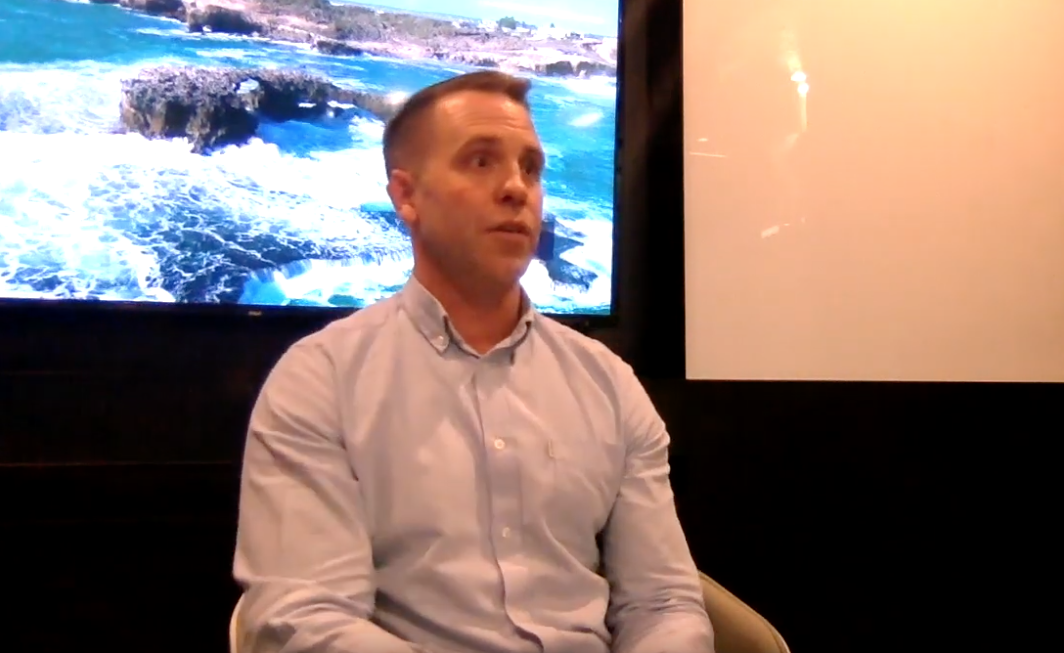
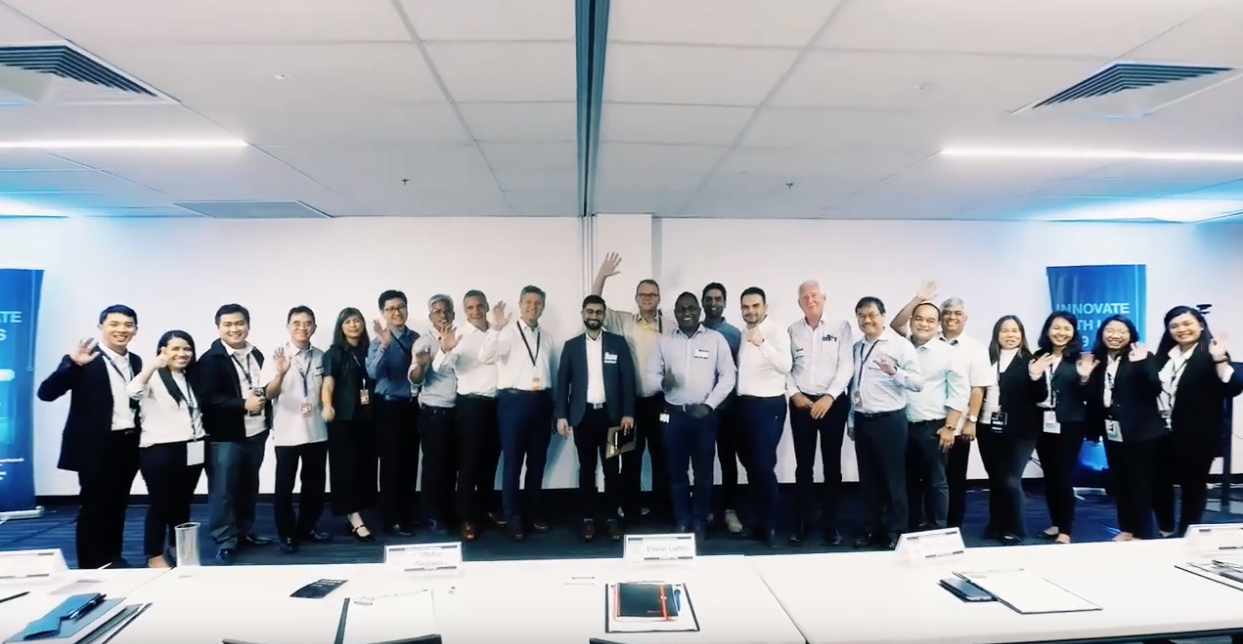
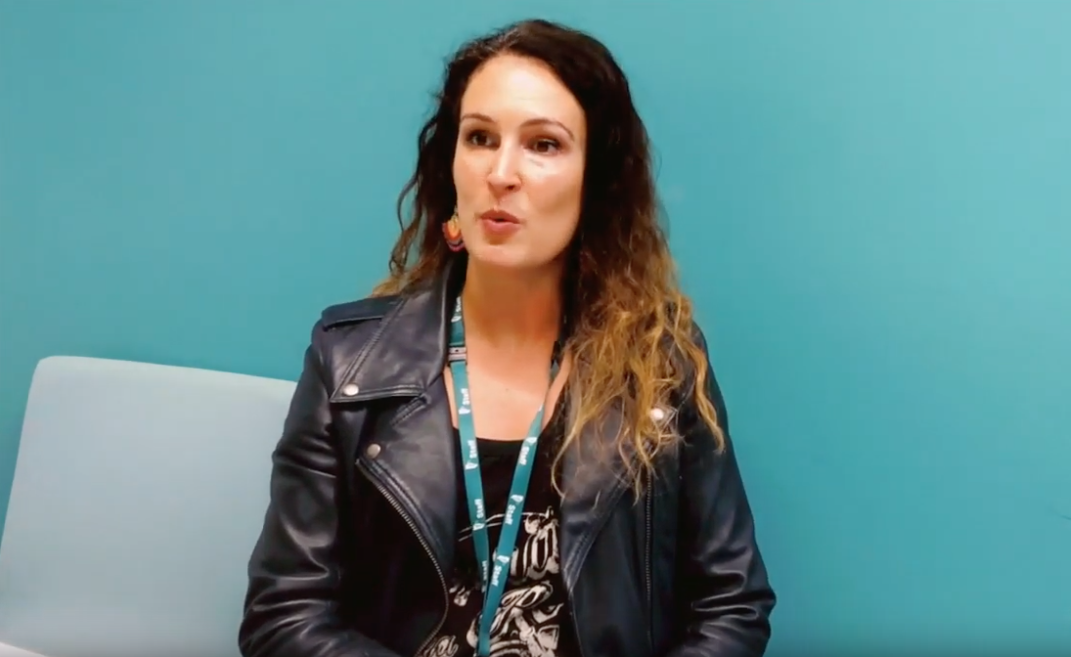



.jpg)



